
12:30, 02-Jul-2016
Could the Rio crisis lead to the worst Olympic Games ever?
Updated
10:29, 28-Jun-2018
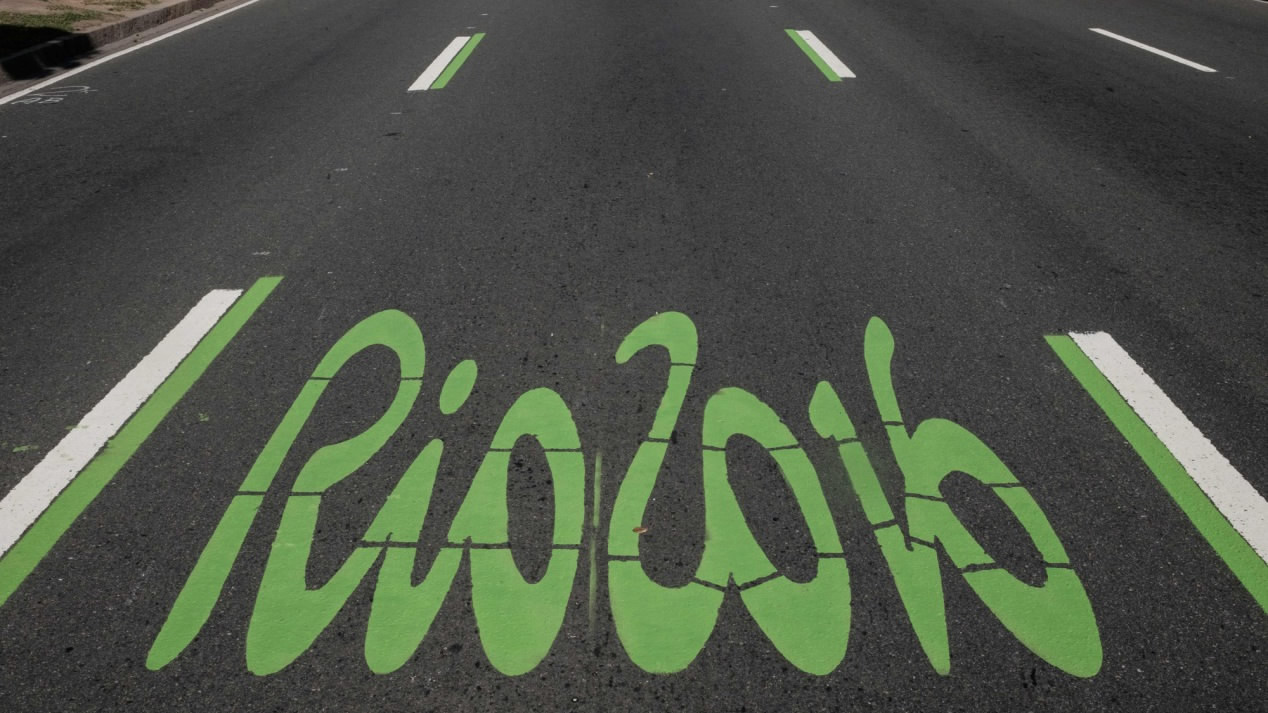
The 2016 Olympic Games kicked starting on August 5 and providing an extra dose of adrenaline for viewers around the world as well as international athletes over the span of three weeks. Rio de Janeiro has been preparing for hosting the sports mega-event, with relevant infrastructures set to be completed by the first of July. However, the city has been marred by a streak of unfortunate events, leaving question marks hanging over the success of the games.
Here’s a look at what the city has been reeling from this year in the buildup to the big day.
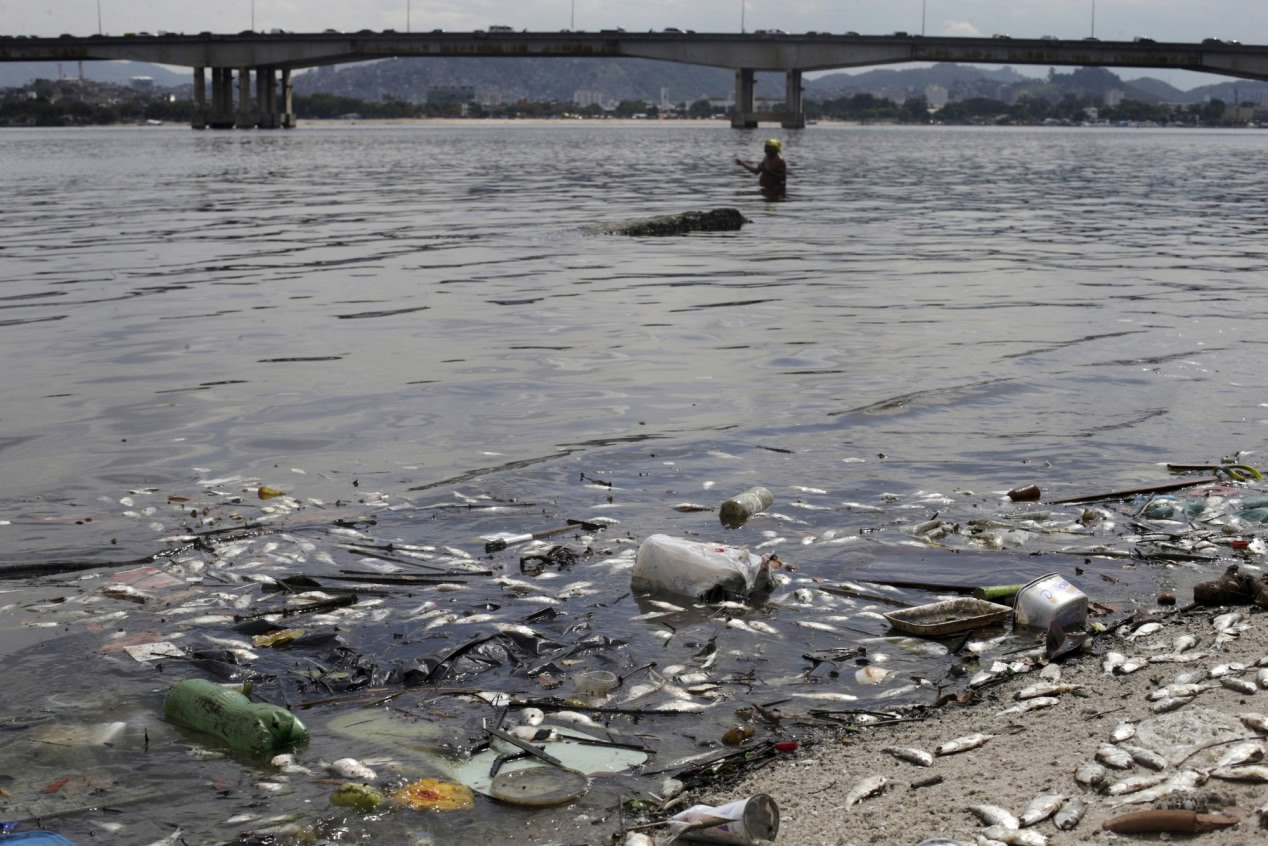
February 1: Rio’s “magnificent waterways” incomplete due to financial issues
When awarded the right to host the Olympics in 2009, officials from the Brazilian National Olympic Committee promised to set up eight water treatment plants to process and refine the water.
However, as of May 2016, work has been done on only one.
Every day, the Guanabara Bay receives wastewater from the Rio metropolitan area, but the water flows to Copacabana Beach, which will be the site of multiple water sports. Fernando Rosado Spilki, a Brazilian virologist and water quality expert, was able to identify virus levels 1.7 million times higher than what would be considered hazardous at a beach in California.
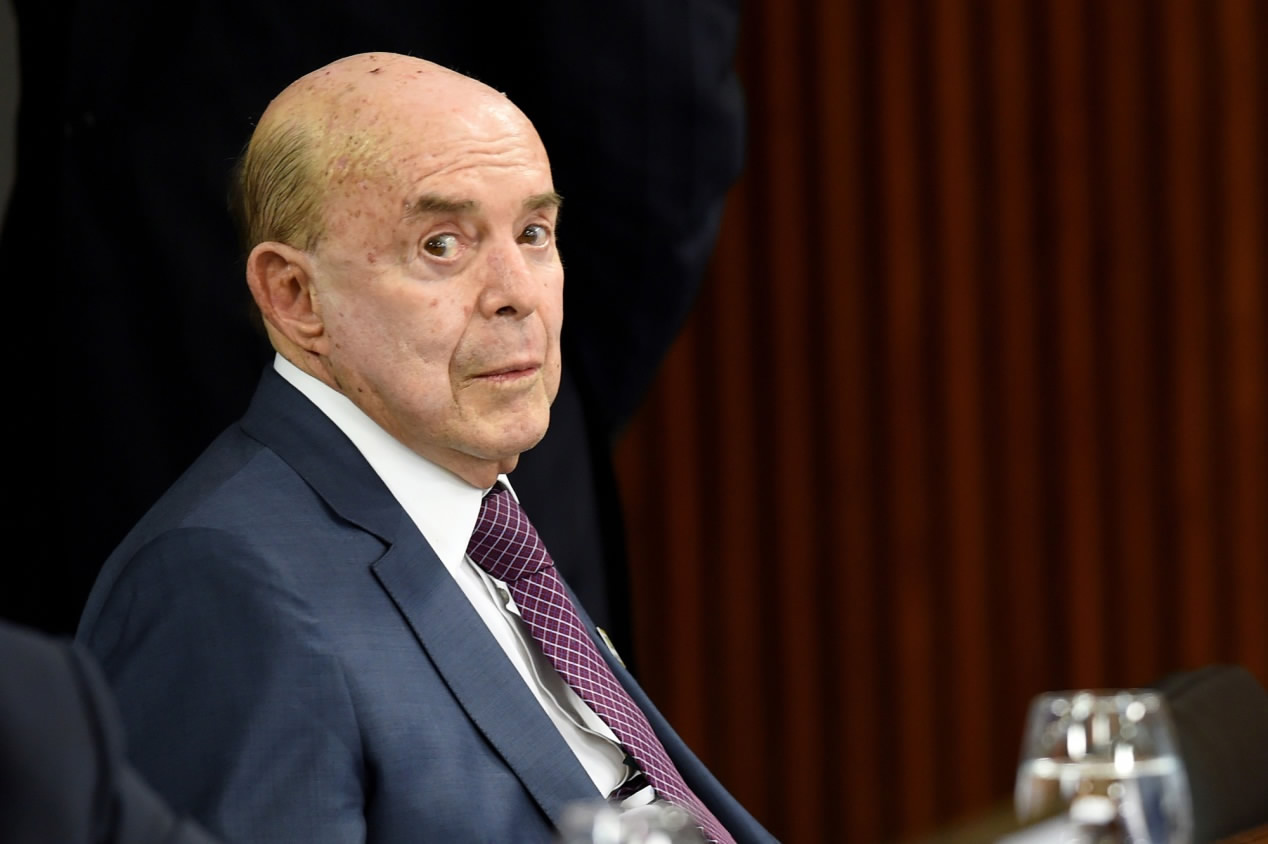
Acting Governor of Rio, Francisco Dornelles
Acting Governor of Rio, Francisco Dornelles
June 16: Rio interim state governor issues an executive order to authorize additional funding
To be able to support the upcoming Games, Rio interim state governor issued an executive order to seek more funding, but he did not specify the money source or how much is needed.
The city of Rio de Janeiro can’t achieve a successful hosting of the Games without the nation’s support, but Brazil is struggling with its worst recession since the 1930s, according to CNN.
"I want all the people of Rio de Janeiro to understand that the state is experiencing a major financial crisis," said Acting Governor Francisco Dornelles, according to Agencia Brasil. "There was a problem in the oil sector, there was a problem of economic recession, with our steel industry, with our automotive sector,” he said.

June 17: Rio state declares “state of calamity” over finances
Just seven weeks before the opening ceremony of the Olympics, Rio de Janeiro’s interim state governor declared a “state of calamity.”
Interim Governor Francisco Dornelles said the state's government is bankrupt, with no ability to meet its financial commitments under the current circumstance. The state government said that emergency actions are necessary to avoid a “total collapse in public safety, health, education, transport and environmental management.”

June 20: Amazon jaguar shot dead after running in Rio Olympic torch relay
The public “spirit” of the nation took a hit during the Olympic torch relay as a wild female jaguar was shot with a pistol after four tranquillizer darts failed to stop it from attacking a soldier.
The torch arrived as planned, but it failed to light up the situation.
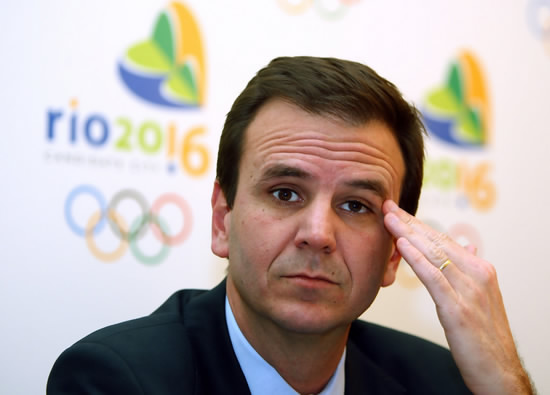
Rio’s Mayor Eduardo Paes
Rio’s Mayor Eduardo Paes
June 21: Rio mayor Eduardo Paes goes on PR offensive
Rio’s Mayor Eduardo Paes lamented the security and financial challenges of his city, but kept an optimistic outlook telling reporters at a press conference “I am certain they will be better during the Games."
Earlier in May, a 16-year-old girl was abducted and raped by a gang of over 30 men, including her boyfriend, in Rio de Janeiro. Some of the assailants were armed, as seen by the pictures and videos they posted online. So far six men and a boy have been charged. The case sparked wide concerns about personal safety ahead of the Olympic Games.
At a presentation before local and international media, Paes confronted queries and insisted that the Games bring little to the city of Rio. "People have the impression that the federal government is giving bucketfuls of money" to Rio for the Olympics, dubbing this portrayal a "lie."
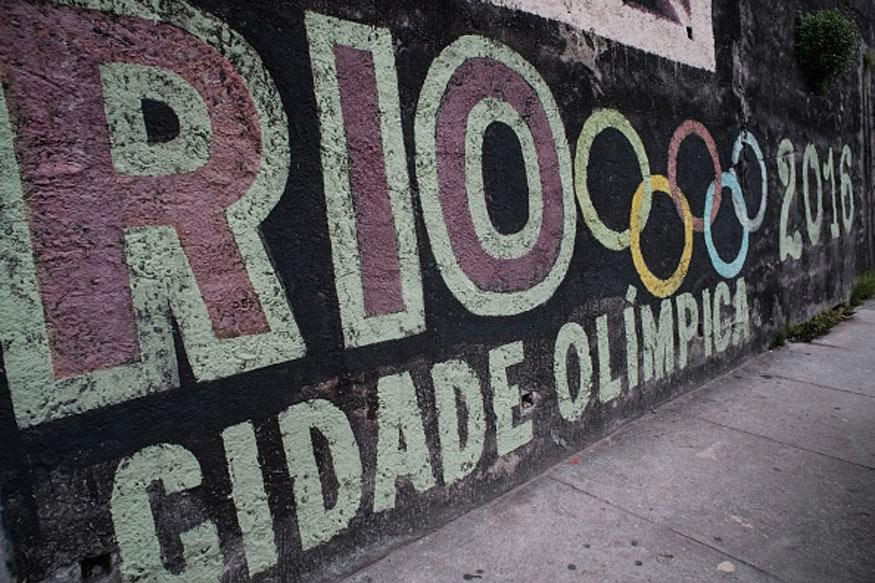
June 26: Rio interim state governor warns the Olympic Games could be a "big failure"
The preparation for the Games continues, with close monitoring from the city of Rio de Janeiro as well as the whole world, as time keeps ticking.
In an interview with Rio's O Globo daily, interim state governor Francisco Dornelles said the state is still waiting some 860 million US dollars payout to shore up state coffers ahead of the sporting event. When asked how it has been to deal with the financial crisis, he responded "for me, it's been a mess."
Dornelles admitted to the media that he had already decided to end his political career, saying that the current situation of preparing for the Games is like a “bomb” that suddenly “fell into his hands.”
Olympic athletes have been reporting grab-and-run cases since last year, with the latest incidents taking place in mid-June. "How are people going to feel protected in a city without security?" Dornelles was quoted as saying.
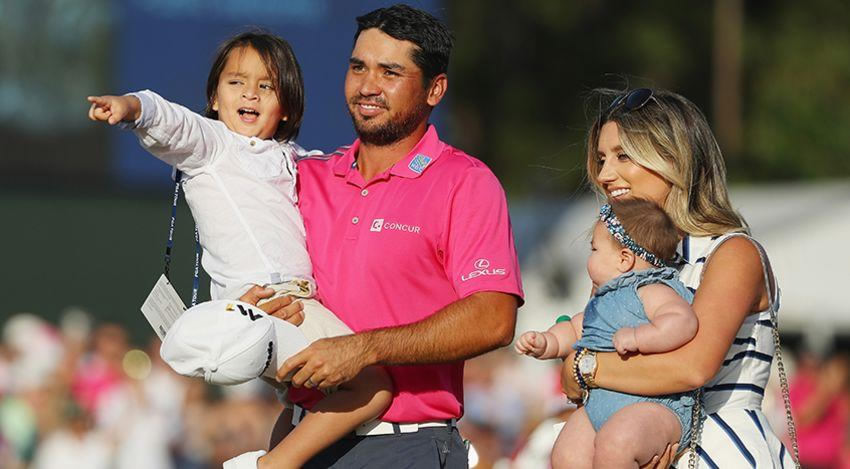
Golfer Jason Day and his family
Golfer Jason Day and his family
June 28: World’s top golf players withdraw from Rio Olympics over Zika fears
World’s top ranking golfer Jason Day is the third Australian golf player, along with Adam Scott and Marc Leishman, to withdraw from the games because of Zika fears.
Day stated that he pulled out over concerns of contracting the mosquito-borne virus, and the possibility it may harm his family.
Before them, Northern Irish golf player and former world number one Rory McIlroy announced on June 22 that he officially exited the 2016 Olympics. “After speaking with those closest to me, I’ve come to realize that my health and my family’s health comes before anything else,” He said, after voicing his worries over Zika.
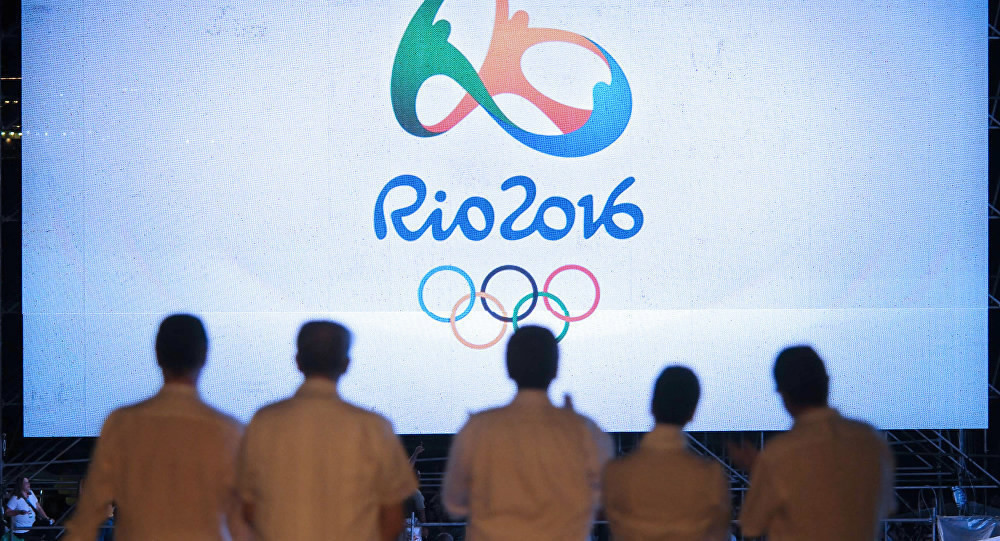
The whole nation of Brazil is suffering of rising crime, a recession and a vortex of scandals and a political standoff. And, with one month left, the world is asking whether Rio authorities will be able to pull off their Olympian task and deliver an unforgettable event.

SITEMAP
Copyright © 2018 CGTN. Beijing ICP prepared NO.16065310-3
Copyright © 2018 CGTN. Beijing ICP prepared NO.16065310-3